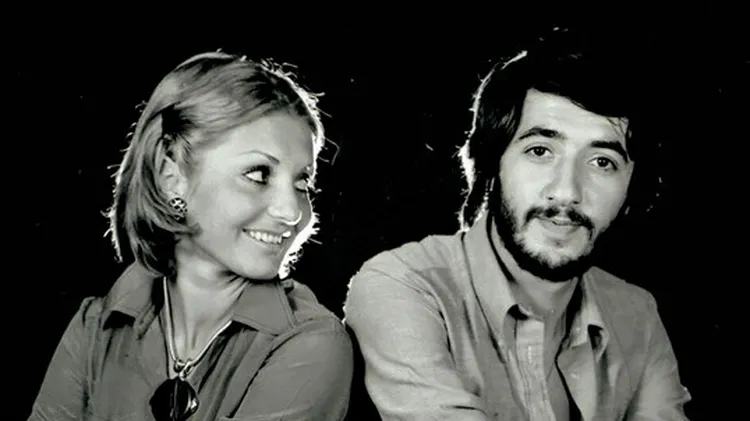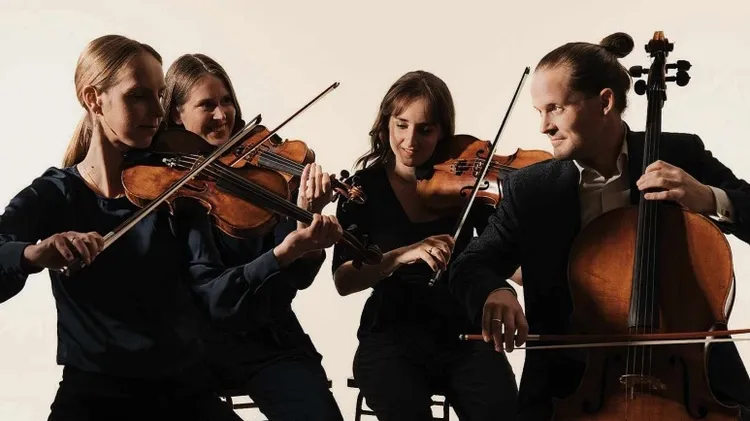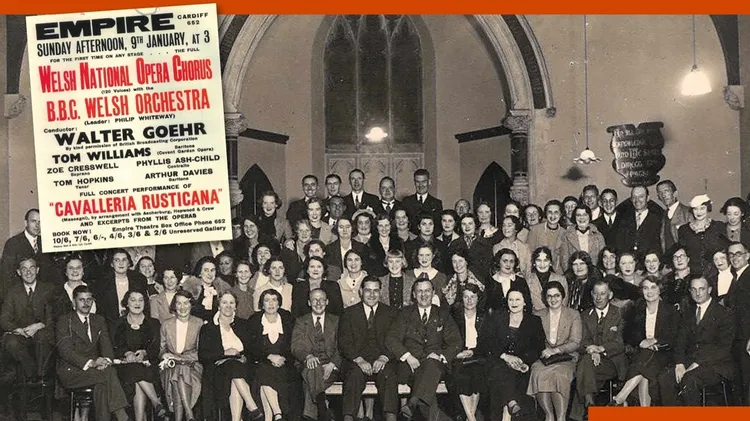Since the collapse of the Soviet Union, the mugham tradition is thriving in
Spiritual rebirth
6 min read
This article is from...
Read this article and 8000+ more magazines and newspapers on Readly






